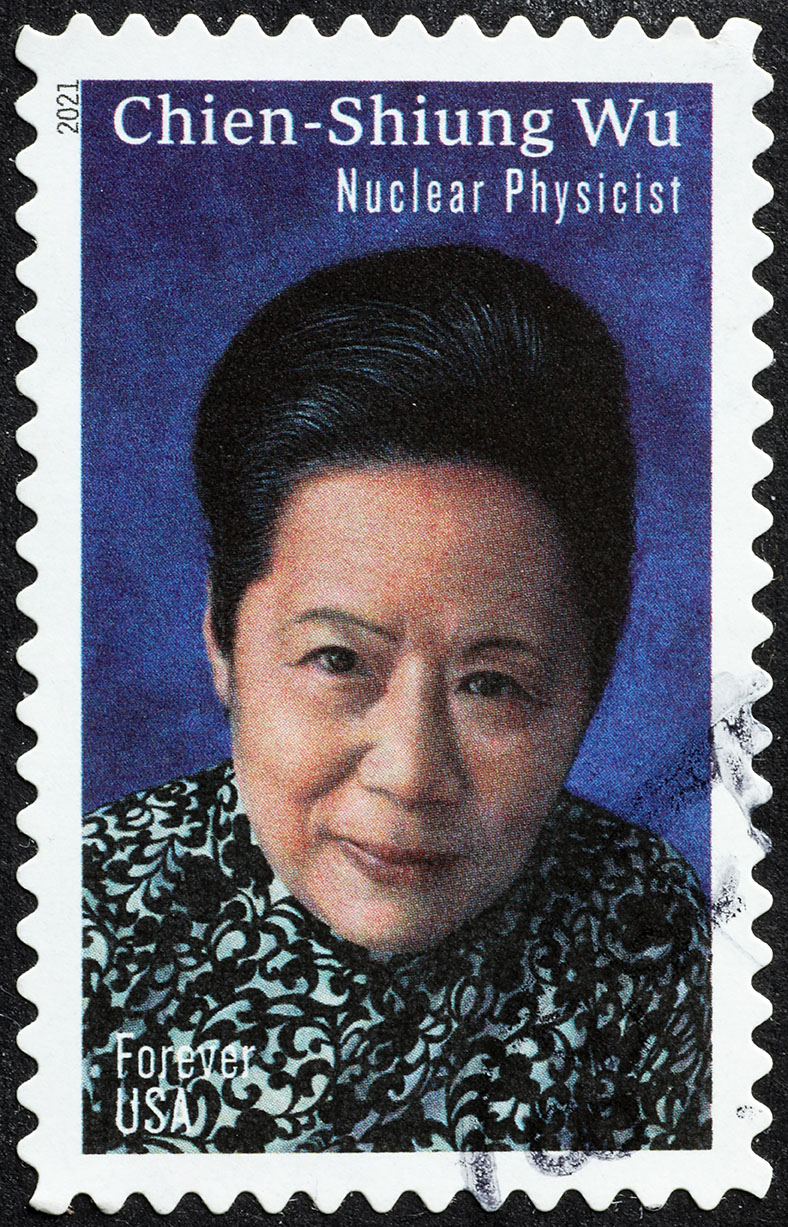

Chien-Shiung Wu was a Chinese-American physicist who made important contributions to the field of nuclear physics.
She was born in China in 1912 and studied physics at the National Central University in Nanjing.
In 1936, she moved to the United States to study at the University of California, Berkeley.
Wu's work on parity violation helped to disprove the law of parity, which had been thought to be a universal law of physics.
Her work has had a profound impact on our understanding of the universe.
Many physicists have followed in the footsteps of Chien-Shiung Wu, studying particle physics and trying to understand how the universe works.

Chien-Shiung Wu is a proper noun.
The name "Chien-Shiung Wu" comes from the following words:
Chien: A Chinese surname that means "wise and virtuous".
Shiung: A Chinese given name that means "auspicious".
What is Chien-Shiung Wu famous for?
Question:
Who was Chien-Shiung Wu, and what significant contribution did she make to the field of science?
Answer:
Chien-Shiung Wu was a renowned Chinese-American physicist who lived from 1912 to 1997. She is often referred to as the "First Lady of Physics" for her groundbreaking work in experimental physics. One of her most significant contributions was the experimental verification of the theoretical prediction known as the "Law of Conservation of Parity" in nuclear beta decay. This experiment, conducted in 1956, shattered the long-held assumption that mirror symmetry (parity conservation) was always valid in all fundamental interactions. Wu's work played a crucial role in advancing our understanding of the fundamental forces of nature and further established her as one of the most prominent physicists of her time.
Address
Developing Experts Limited
Exchange Street Buildings
35-37 Exchange Street
Norwich
NR2 1DP
UK
Phone
01603 273515
Email
hello@developingexperts.com
Copyright 2025 Developing Experts, All rights reserved.